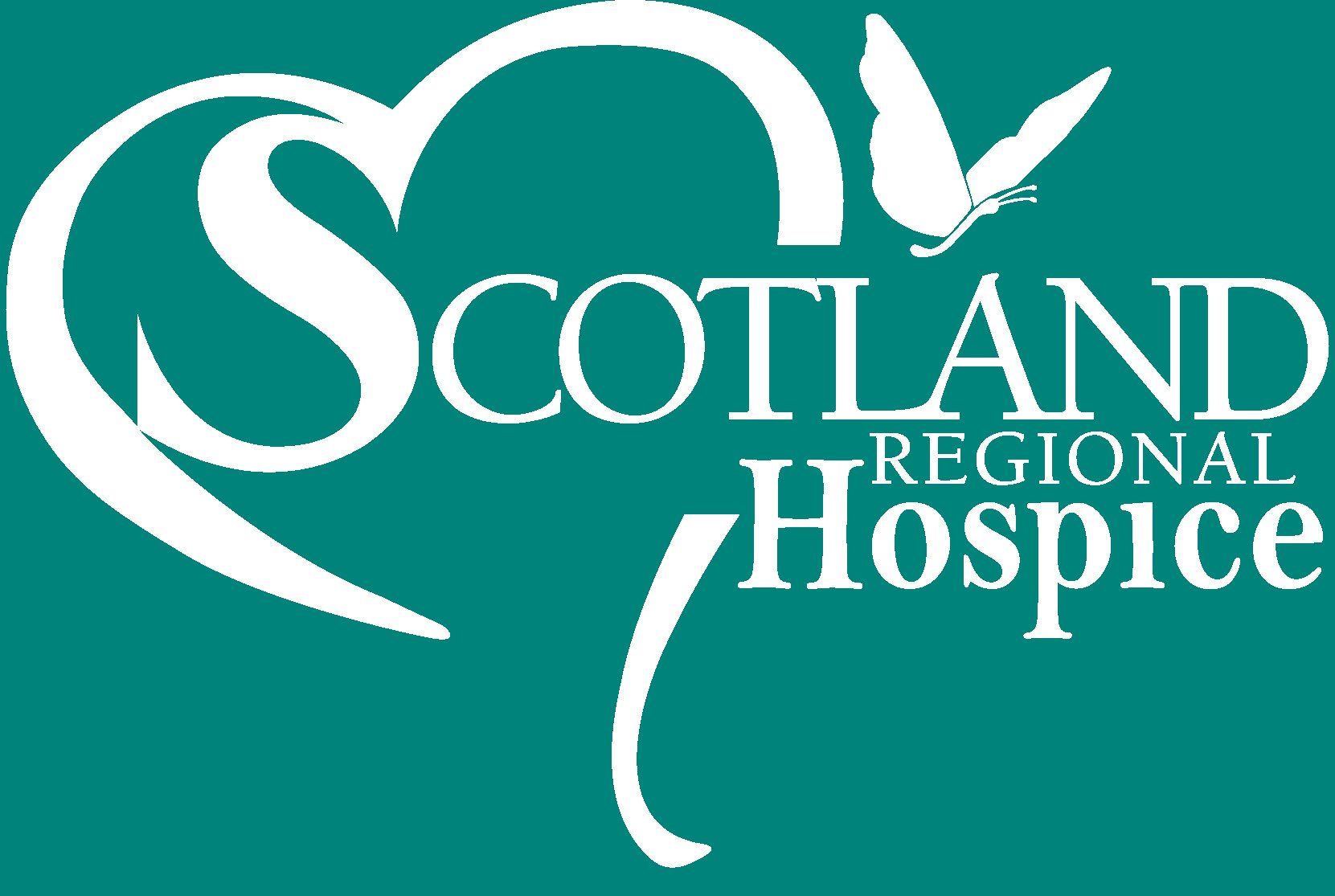Hospice FAQ
Frequently Asked Questions About Hospice Care
When is the right time to ask about hospice?
We encourage everyone to learn more NOW. Although talking about end-of-life care can be difficult, we believe it is best for family members to share their wishes long before it becomes a concern. This can greatly reduce stress when the time for hospice is needed, and allows patients to make an educated decision that includes the advice and input of family members and loved ones. You can also call Scotland Regional Hospice for help and ideas about having this discussion with your family.
What do I do if I think someone I love needs hospice?
One of the easiest things you can do is call us at (910) 276-7176. Someone is always available, 24 hours-a-day, 7 days-a-week. Our staff can take some brief information over the phone, then consult with the patient’s physician or healthcare provider to determine if they agree to make a hospice referral. Once we receive a referral, we schedule a visit at a time that is convenient for the patient and family. If the patient qualifies for hospice care, our services can begin almost immediately after that visit.
Who will provide hospice care?
The Hospice team includes a registered nurse, social worker, hospice aide (CNA), chaplain and hospice volunteer. The team works with each patient and family to develop a plan of care and a schedule for visits. However, care is available at anytime by calling (910) 276-7176. We have staff members whose sole job is to provide care at night and on weekends.
How does hospice work to keep a patient comfortable?
Our staff members have received special training to care for the physical and emotional symptoms that cause pain, discomfort and distress as the illness progresses. Keeping the patient comfortable and pain-free is an important part of our care. Our staff works with each patient’s physician to ensure that medication, therapies and procedures are designed to achieve the goals in the patient’s plan of care. The care plan is reviewed frequently to make sure any changes and new goals are included in the plan.
What role does the hospice volunteer serve?
Volunteers are essential to Scotland Regional Hospice, and they provide tremendous support to our patients and families every day. Our volunteers lend emotional support and companionship to patients and family members, and they visit with patients to allow family members time for a break from the responsibilities of caregiving. Volunteers who spend time in patients’ and families’ homes must complete a training program which provides them with a better understanding of hospice care, working with families and listening skills.
Does Scotland Regional Hospice provide care to residents of nursing homes and other long-term care facilities?
Yes. Hospice services can be provided to a terminally ill person wherever they live. This means a patient living in a nursing facility or long-term care facility can receive specialized visits from hospice nurses, home health aides, chaplains, social workers and volunteers, in addition to other care and services provided by the nursing facility.
What is Morrison Manor? Who can receive care there?
Morrison Manor is our beautiful, 12-bed hospice house in Laurinburg. Located on Lauchwood Drive, just down the street from Scotland Memorial Hospital and directly behind our office building, Morrison Manor provides excellent care to our hospice patients. Sometimes, patients come to Morrison Manor for relief of pain, shortness of breath or other symptoms which cannot be managed effectively in the home. The goal is to bring these symptoms under control and allow the patient to return to their own home. Sometimes, Morrison Manor also provides care to patients whose symptoms in the final stages of their illness are better managed in a controlled environment. Morrison Manor is staffed around the clock by a registered nurse and other hospice caregivers. For more information on Morrison Manor, click here.
I am on Medicare. Does Medicare pay for hospice care?
Yes. Hospice care is part of the Medicare benefit. If you are age 65 or older and on Medicare, it is your right to receive hospice care should you need it.
I’m not old enough to be on Medicare. What if I need hospice and have no way to pay for it?
Most hospice care is paid for by Medicare, Medicaid or private health insurance. However, as a not-for-profit organization, it is Scotland Regional Hospice’s goal to provide care to everyone in our service area who needs hospice, regardless of their ability to pay. Thanks to the generosity of our community and donors, and the success of our fundraising efforts, Scotland Regional Hospice is able to care for those patients who do not have a way to pay for our services. Concerns about cost or paying for services should not prevent someone from receiving the hospice care they need.
What does Scotland Regional Hospice do to ensure high-quality care is being provided to patients and families?
More than 85 percent of our eligible staff members are nationally Board Certified in Hospice and Palliative Medicine. This means they have gone back to school to receive extra training on the latest methods and best practices in end-of-life care. In addition, we are nationally accredited by ACHC, the Accreditation Commission for Health Care. As part of the accreditation process, we submit to a thorough examination of our records, policies and procedures by outside observers. We also regularly review and update our operating practices and procedures to ensure the highest level of care for our patients.
Have any additional Questions? Ask! Click Here
PDF - 5 Hospice Myths Click Here
